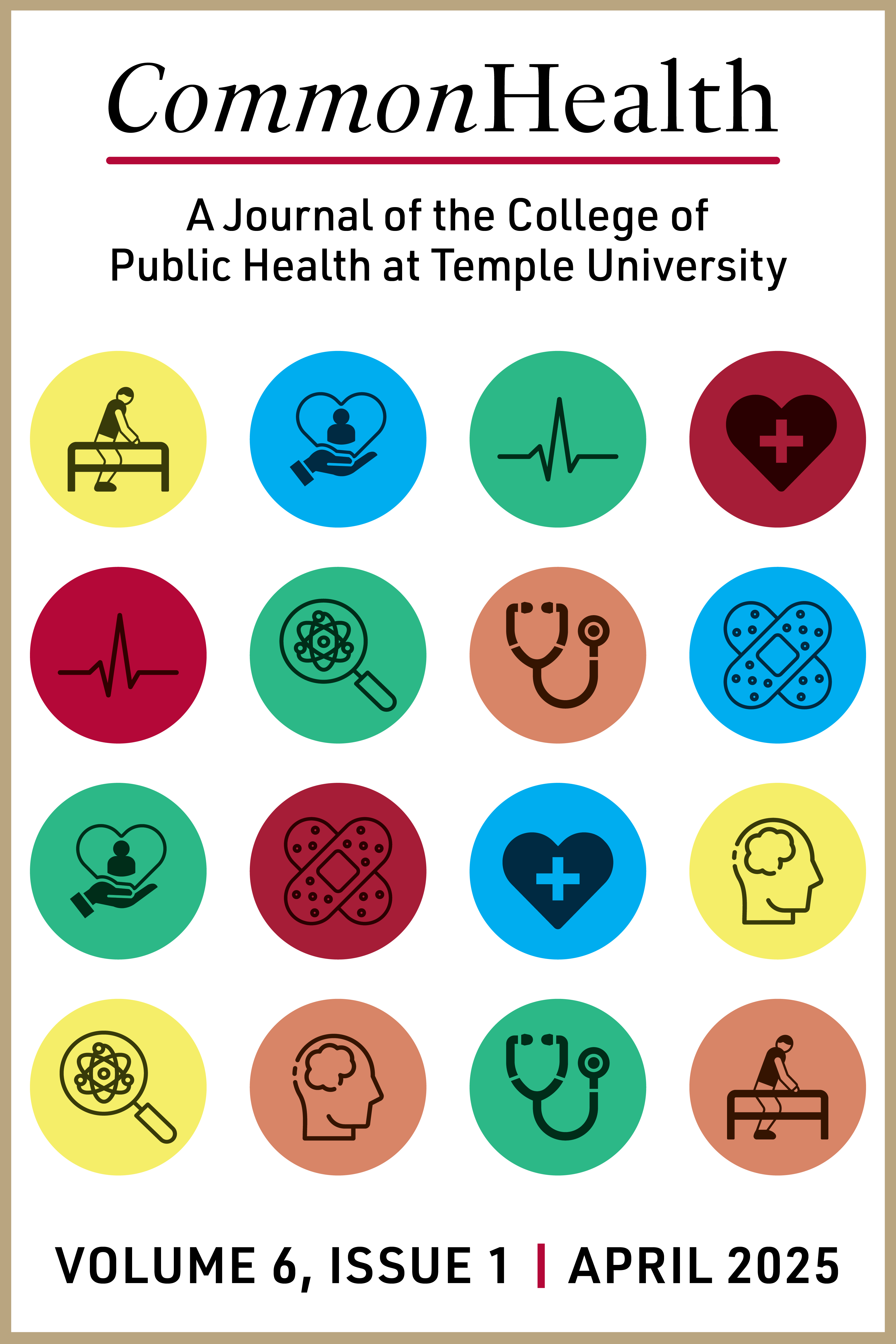Abstract
This is a collaborative autoethnography of the lived experiences of a peer interventionist and program coordinator implementing travel training programs for young adults on the autism spectrum (ASD). Background: Transition age and young adults with Autism Spectrum Disorder (ASD) report lower levels of community participation, which includes social, employment, education, and leisure activities. Low levels of community participation are associated with low levels of health-related quality of life. Access to transportation is a significant barrier to community participation for individuals with ASD. A variety of travel training programs are used to address this barrier. Peer led travel training is an innovative approach for individuals with ASD. Method: This research used a collaborative autoethnography to explore the experiences and perceptions of the peer interventionist and program coordinator involved in the travel training program. Results: Peer intervention has a positive impact on both the mentor and the mentee when executed by the coordinator with attention to environmental factors and family dynamics. Conclusion: This collaborative autoethnography highlights the importance of relationship building between the peer interventionist, travel training program coordinator, participants, and participants’ families to the success of travel training. The autoethnography reflects a dynamic, flexible, and resilient relationship to achieve successful transportation goals using peer led travel training with implications for practice.

